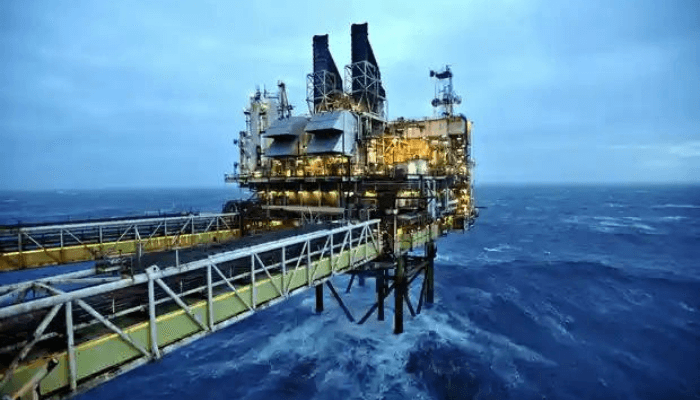Nigeria crude oil output target 2026 is on track as NUPRC pushes deepwater expansion, reactivates dormant fields, and completes marginal field license review
The Nigeria crude oil output target 2026 is firmly within reach, according to the Nigerian Upstream Petroleum Regulatory Commission (NUPRC), which projects production will rise to 2.5 million barrels per day by 2026.
Also read: NNPC records N336.37bn in crude oil sales in Q1 2025 as Dangote Refinery takes lion’s share
Chief Executive of NUPRC, Gbenga Komolafe, announced the development on Thursday in Abuja at the 2025 PENGASSAN Energy and Labour Summit, highlighting reforms, deepwater expansion, and renewed investor confidence as key drivers.
Komolafe said Nigeria’s baseline output rose from 1.46 million barrels per day in October 2024 to 1.8 million barrels today, boosted by reactivating dormant fields, faster project approvals, and improved recovery techniques.
“With this momentum, we are firmly on track to reach our 2.5 million barrels per day target by 2026,” Komolafe affirmed.
He revealed that the Commission’s “one million barrels per day initiative” is backed by a new cluster and nodal development strategy, designed to cut costs, shorten timelines, and de-risk investments through shared infrastructure and tiebacks to FPSOs such as Bonga, Egina, and Agbami.
On energy transition, Komolafe stressed that hydrocarbons would remain central to global demand, particularly in Africa and Asia, but reaffirmed Nigeria’s “gas-centric decarbonisation pathway” to balance growth with climate concerns.
Marginal Field License Review
Komolafe also announced the completion of a case-by-case review of marginal field licenses due for renewal. He explained that the review assessed each operator’s performance against milestone-based obligations under the Petroleum Industry Act 2021.
“The assessment was conducted transparently, with defined criteria and expert review. The results have been submitted to the Minister of State for Petroleum (Oil) for approval, and successful companies will have their marginal fields renewed in the coming weeks,” he said.
Reforms under the Petroleum Industry Act and recent Presidential Executive Orders, he added, have repositioned Nigeria as a competitive oil and gas investment hub by reducing contracting cycles from 36 months to just six months and offering more attractive fiscal terms.
Also read: Dangote crude oil deal tops N219bn despite supply suspension, pricing concerns
With global investment in low-carbon energy hitting \$2.1 trillion in 2024, Komolafe insisted that Nigeria must adapt but also seize opportunities to unlock up to 810,000 barrels per day of deepwater reserves identified in recent stakeholder engagements.























